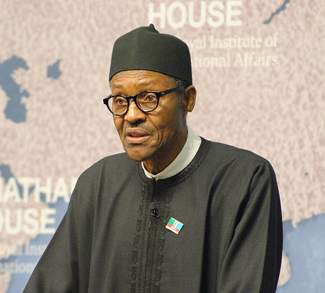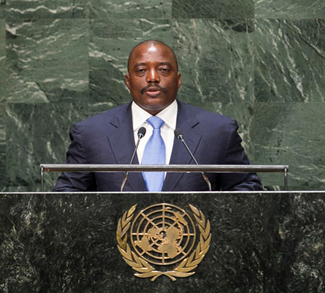Summary
An absentee president has some worried Nigeria could be in for a wave of political instability right when that’s the last thing the country needs. The Nigerian economy has been reeling from the effects of a plunge in global energy prices, though it has seen some limited relief of late as prices undergo a modest recovery. In northeast Borno State, the long-running Boko Haram insurgency has been beaten back over the final months of 2016, but a spate of recent attacks serves as a grim reminder that the root causes of the conflict remain unresolved.
Background
Nigeria President Muhammadu Buhari traveled to the United Kingdom on January 19 to undergo medical testing. He was originally due to return to Nigeria on February 5, but remains in London almost completely out of the public eye. His disappearance is driving a rampant rumor mill back in Nigeria, as citizens speculate over whether the president is incapacitated, on death’s door, or even dead already. The whole episode is evoking uncomfortable memories of former president Umaru Musa Yar’adua, who left the country for medical treatment in November of 2009, opening a power vacuum that would eventually see then vice president Goodluck Jonathan take over the highest office in the land. Six years later, Jonathan lost his reelection bid to Buhari’s upstart All Progressives Congress (APC) in 2015 presidential polls.




